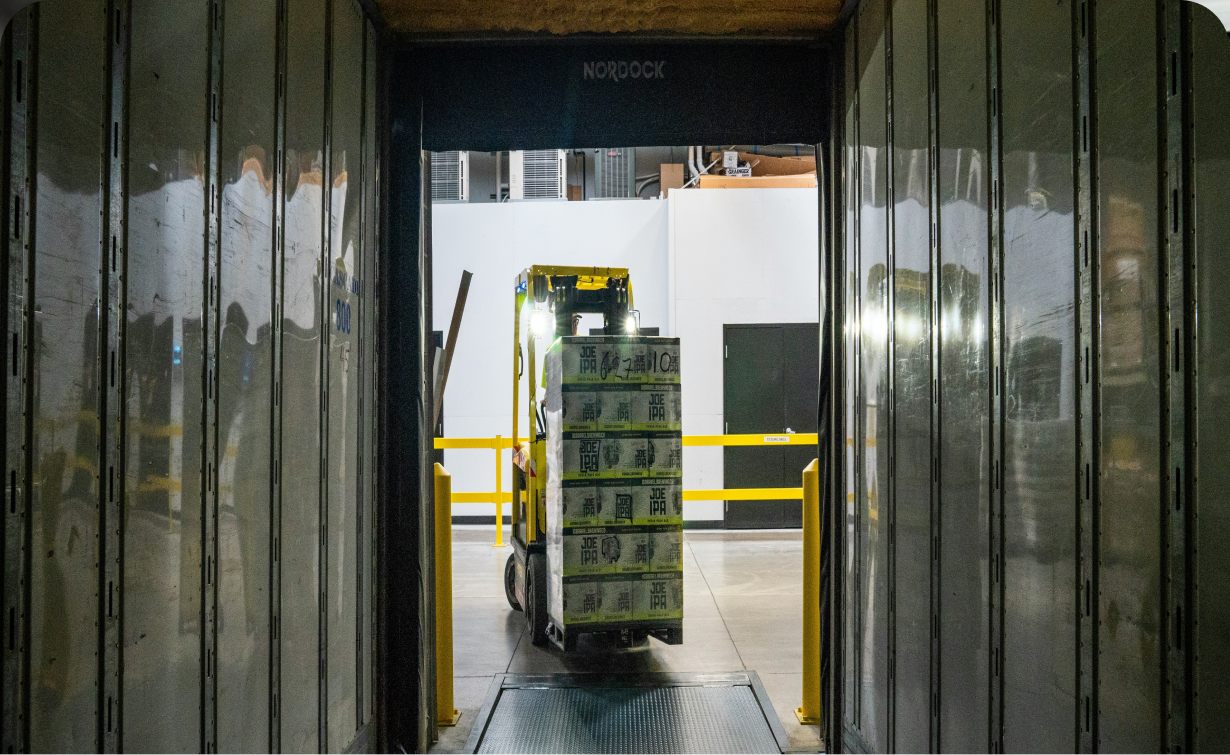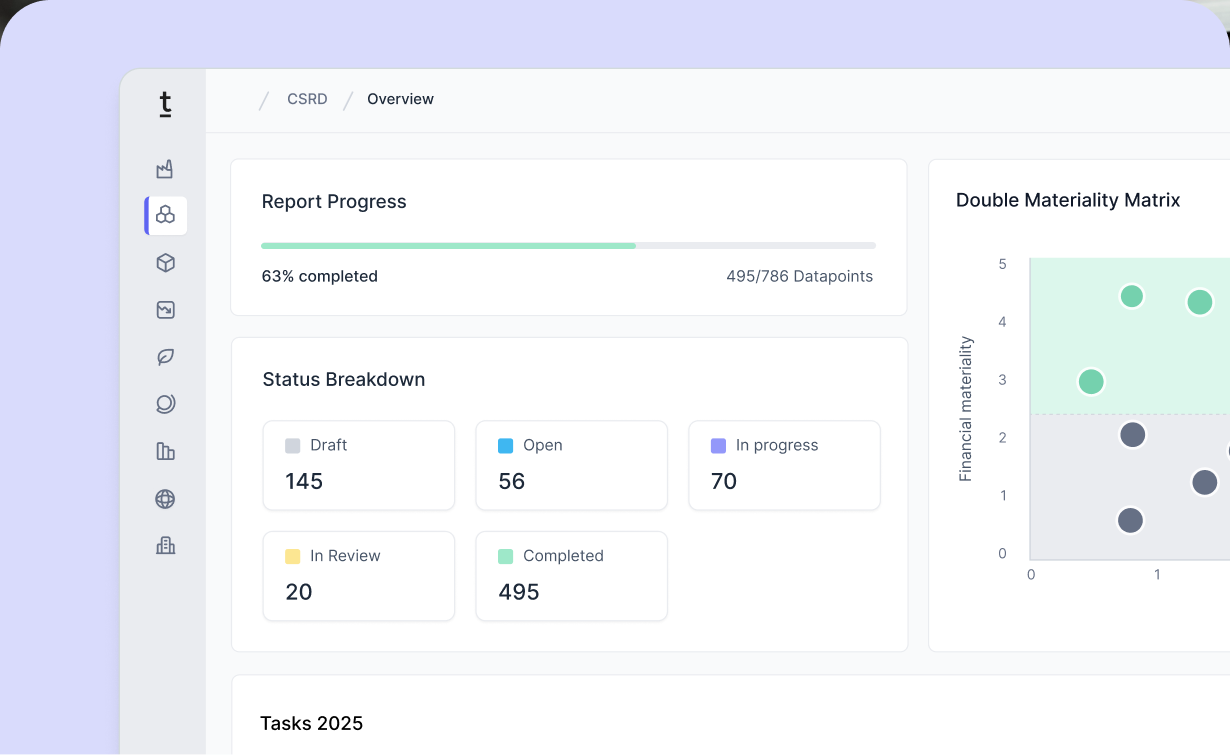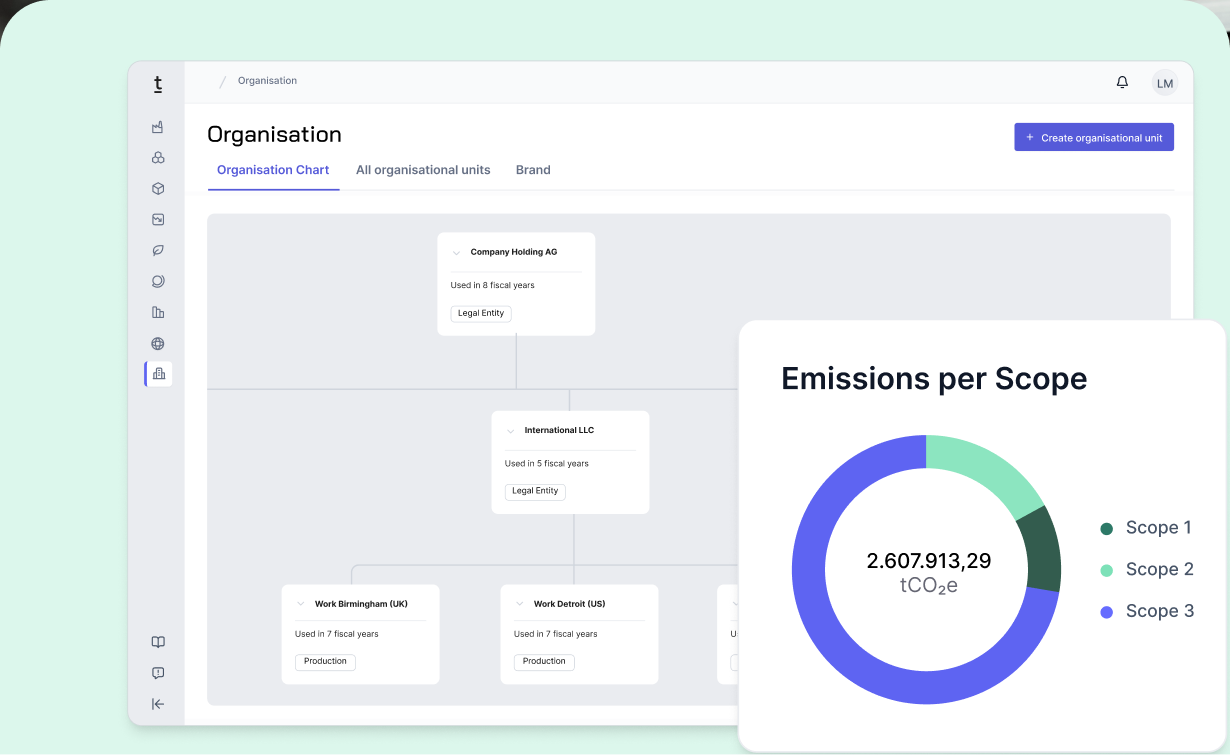EU parliament decided against JURI compromise, thus, reopening negotiations

On the 22. October, the EU parliament decided against supporting the compromise from the JURI committee that was agreed upon on the 13. October.
The proposal of the JURI committee included an increase of the thresholds to:
- 1,000 employees + 450m€ revenue for CSRD
- 5,000 employees + 1.5b€ revenue for CSDDD
However, this proposal was only supported by the EPP, S&D and Renew in the JURI committee. In the secret vote in parliament 309 Members of Parliament (MEPs) voted in favor, while 318 voted against, making it a difference of 9 votes.
According to the designated rapporteur from EPP, Jörgen Warborn, 31 members from S&D signed a challenge of the committee mandate the previous night. This challenge was the reason for a vote in the whole parliament. MEPs had until midnight the day before to submit a challenge and thus request a vote on the JURI-mandate. At least 10% of MEPs had to sign such a challenge.
Apparently, the right-wing groups (PfE, ECR and ESN) asked for a secret vote, thus, the actual voting behaviour across MEPs cannot be analyzed. However, it can be assumed that a majority of both the right (PfE, ECR and ESN) as well as the greens and lefts and some members of S&D voted against - albeit different motives.
Next steps
Instead of starting the trilogue with Commission and Council this Friday (24.10.), the EU parliament will now have a discussion on Omnibus #81 (the thresholds & content changes) in their next plenary session on 11-13. November - with a vote likely on November 13th. Until then MEPs can work on a new compromise.
Currently, there are two potential outcomes:
- The current proposal is being amended to incorporate some of the requests from S&D, Greens & Left to push for more sustainability, e.g. a requirement for companies to implement climate transition plans, more companies in scope or a EU-wide civil liability regime.
- A new proposal with even higher deregulation is passed with the votes of EPP and the right-wing groups. Their last proposal included a threshold of 1,750 employees and 450m € revenue.
What does this mean for companies
Although the president of the EU Parliament still aims to reach an agreement in trilogue until the end of year, keeping this timeline becomes increasingly challenging.
Either way, what ultimately matters for companies are the national legislations. Countries are obliged to implement stop-the-clock until end of 2025 and many have already done so.
For 2025 this means:
- Wave 1 companies still report on CSRD or (if the country hasn’t implemented CSRD yet) on NFRD.
- Wave 2-4 companies still have until 2027 or 2028 before they have to consider reporting under CSRD. For these companies, it is recommended to already start reporting under VSME to have a sustainability management and reporting process implemented that can support disclosures on EcoVadis, CDP, SAQ 5.0 and alike as required by the market.













































.avif)







.jpg)
.jpg)




















-p-800.webp.avif)
-min-p-800.webp.avif)






-p-800.webp.avif)

